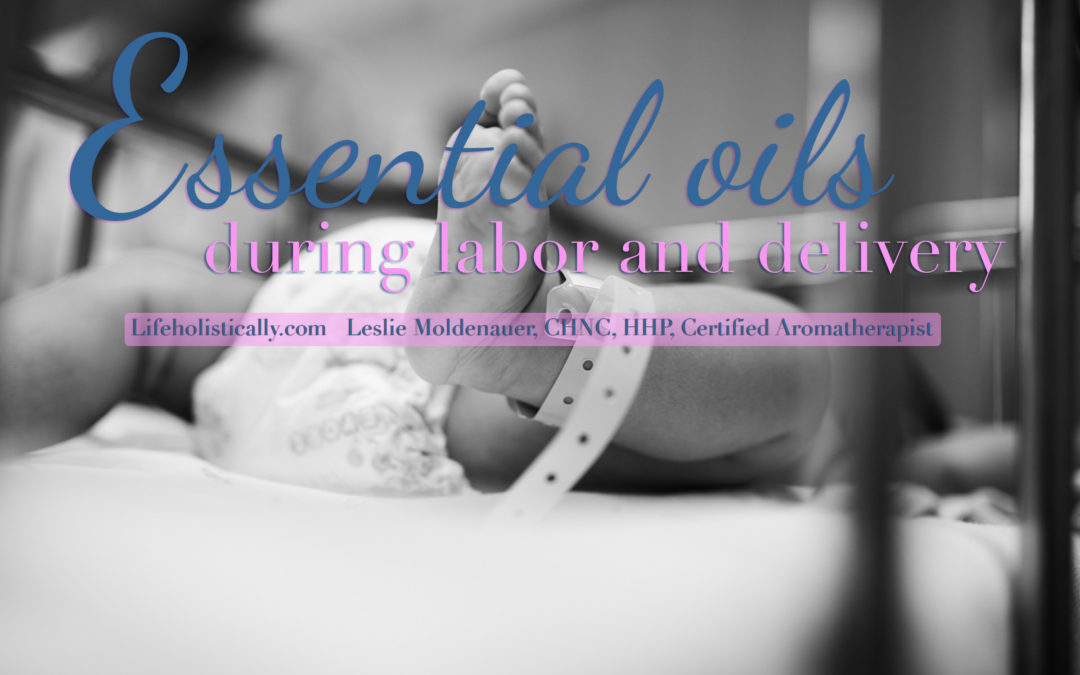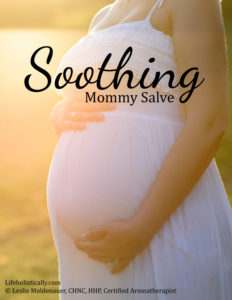Essential Oil Safety…..There is often much debate about whether we can utilize aromatherapy in the birthing room, or during pregnancy at all. Is it safe? How do we do it? Let’s talk about what we need to consider- Utilizing Essential Oils During Labor and Delivery
If this is not your first pregnancy this should come as no surprise; your sense of smell is very heightened during this time. Smells that never bothered you before may now make you incredibly nauseous or even vomit. Perhaps an aroma you loved prior to pregnancy you do not like at all now. The opposite can also be true. Now, perhaps a new food has appeal simply because of its smell. You may even find that your partner smells better than ever! Enjoy that!
What causes this heightened sense of smell?
“The plasma volume (blood flow) in your body increases by up to 50 percent in pregnancy, so anything moving from your blood to your brain reaches it faster and in larger quantities. This heightens your responses and some experts think that’s why you react more strongly to smells,” says midwifery teacher Denyse Kirkby, author of, “My Mini Midwife” [1]. So, in theory, your olfactory receptors are also strongly affected by this increased blood flow.
Could this be another miracle of the body? Perhaps this is a protective mechanism to prohibit mom and fetus from inhaling anything potentially harmful? I would like to think that this is the case.
If you intend to utilize essential oils in the birthing room, you need to keep your heightened sense of smell in mind. The state of your body during labor also needs to be a part of the equation, as it and you will be in a heightened state of stress.
If you are unsure of what to choose, reach out to someone well versed in the use of essential oils during this sensitive time. If you do not have any major medical issues or are not taking any medication, aromatherapy is likely very safe. A trained aromatherapist will be happy to assist you to be sure.
Aromatherapy inhalers are my suggestion for the birthing room. I do not recommend filling the room with an essential oil blend via a diffuser for a number of reasons. First and foremost, your needs and wants will change, a lot. You will likely want to be as relaxed as you can be during increasing contractions up until it is time to push, then you will benefit from something to empower and awaken you while staying centered and focused. Those require different things.
Second, even though this is your experience with your partner, exposing everyone in the room to your diffuser blend is not a good idea. Public diffusing can be precarious. You do not know what other’s situations are in regard to health conditions, allergies or medications, and I do not know about you, but I would want my doctor, doula, midwife, and nurses to be alert, not enjoying a calming and sedating blend of essential oils, so please avoid direct diffusion in the birthing room.
I have been asked if there is anything that can be used to move labor along. What I consider moving labor along is not the same as how the question is usually intended. You can use essential oils to keep yourself calm, to keep the body from tensing and being overly-stressed, and by doing this, labor progresses nicely. The goal of essential oils should not be to induce or increase the intensity of your contractions or move labor along. This is not recommended. I have the same opinion of Pitocin. If this medication can be avoided, avoid it. Pitocin can cause problems such as intensified rapid contractions, so intense that both baby and mom can potentially become very distressed, increasing the need for medical interventions. I do understand that sometimes things are out of your control; so, do not beat yourself up about the way things progress in the delivery room. However, if you are able to pull it off, a natural birth is ideal.
Clary sage (Salvia sclarea) is an essential oil that is touted for starting labor. Unless you are working with a qualified clinical aromatherapist, do not use essential oils with this intention. Please let your body do what it knows to do, in its time. This does not mean, however, that clary sage needs to stay out of the birthing room.
Once labor is underway and contractions are regular, clary sage can be used safely in an inhaler to calm, with little potential for harm. I hope you can now differentiate between timing and wanted outcome.
You will find varying opinions on the Internet and in social media regarding whether essential oils are safe during pregnancy, labor, and delivery. Be sure to question the training and experience of anyone who has written a book or blog on a serious topic such as this. Aromatherapy and the use of essential oils are not regulated in the United States, so a license or degree is not required to give you and your family advice. During this special time of your life and the birth of your child, you will want to consult with a well-trained and qualified aromatherapist.
According to Jane Buckle Ph.D., RN, who is a very well respected aromatherapist, and founder of the American Holistic Nurses Association, aromatherapy is in fact very safe when you are well-versed in its safety and use. According to Buckle, aromatherapy has been used for years in a clinical setting without known harm to mom, infant or fetus [2]. Buckle has taught nurses all over the world how to safely use essential oils in their clinical practice.
I can’t stress this enough, do not pick up a random book or blog on essential oils for the birthing room. If you are unsure and would really like to explore the possibilities of using aromatherapy for you and your family, please reach out to a qualified aromatherapist.
Enjoy this FREE PDF download
References
[9] Kirkby, D. (2014). My mini midwife: everything you need to know about pregnancy and birth. Chichester, West Sussex: Vie.
[10] Tillett, J., Ames, D. (2010) The uses of aromatherapy in women’s health. Journal of Perinatal & Neonatal Nursing. Vol. 24, No. 3, (pp. 238-245)
Resources
Please note that I am not a medical practitioner. The content of this website is provided for general informational purposes only and is not intended as, nor should it be considered a substitute for, professional medical advice. Do not use the information on this website for diagnosing or treating any medical or health condition. If you have or suspect you have a medical problem, promptly contact your professional healthcare provider. By using this website, you assume full responsibility and liability for your own actions.





